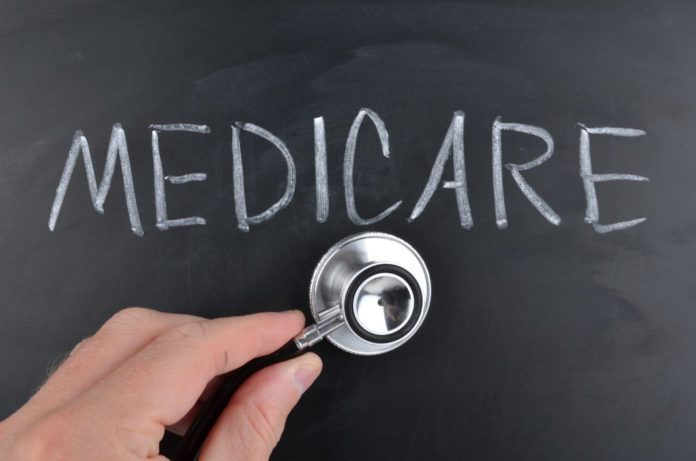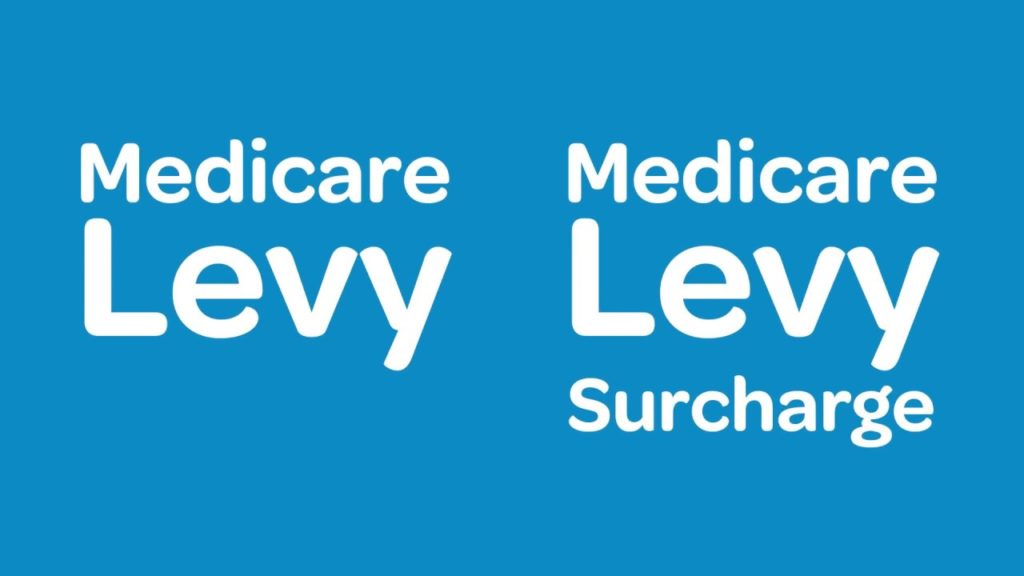
The Australian government has been using a variety of policies, penalties and incentives to push people who can afford it into buying private health insurance. They’ve had varying degrees of success. So, this led to the Medicare surcharge on top of the Medicare levy. What’s the difference? Let’s have a look into both.
Levy, Surcharge and Every Other Charge
There are people who confuse the Medicare Levy surcharge (MLS) with the Medicare levy. Some think that the Medicare levy was simply renamed to a levy surcharge. In reality, the it hasn’t changed. You still owe a levy of two percent of your taxable income to pay for socialised healthcare in Australia. That’s on top of your income tax bill.

The Medicare levy may be reduced for low income earners. You might also be exempt from it if you meet certain medical requirements or are a foreign resident. Seniors are eligible for a tax offset, too, if they earn over roughly 43,000 dollars a year. The levy surcharge or MLS is a separate, additional fee that people have to pay if their income is above a certain threshold and they don’t have private health insurance.
How Much the Levies and Surcharges Cost You
The Medicare tax is in general 2 percent of your taxable income. On top of that, the Medicare Levy Surcharge will be between 1 and 1.5 percent of your income if you earn enough to be hit by it. As a single person, the MLS applies once you hit 90,000 dollars a year. A couple or family can earn 180,000 a year, though the financial threshold will slowly rise based on the number of dependents. This means that the levy surcharge will be a minimum of 900 dollars a year as a single person and 1800 a year as a family (for the vast majority of families). The levy maxes out at 1.5 percent for individuals earning over 140,000 dollars a year and couples that earn 280,000 dollars a year. Note that this levy only applies if you both hit this income threshold and lack government approved private health insurance.

The Benefit of Private Health Insurance
It’s possible to be exempt from the MLS for part or all of the year if you buy the right type of private health coverage. You could also get a refund for your Medicare levy and MLS if you get appropriate health coverage. For example, those who earn less than the threshold could get government rebates to offset the cost of private health insurance. To learn more about how to avoid the Medicare levy surcharge by getting the right type of health insurance, visit iSelect. Buying private health coverage, especially hospital coverage, could reduce the tax you owe or increase the refund you would receive.














